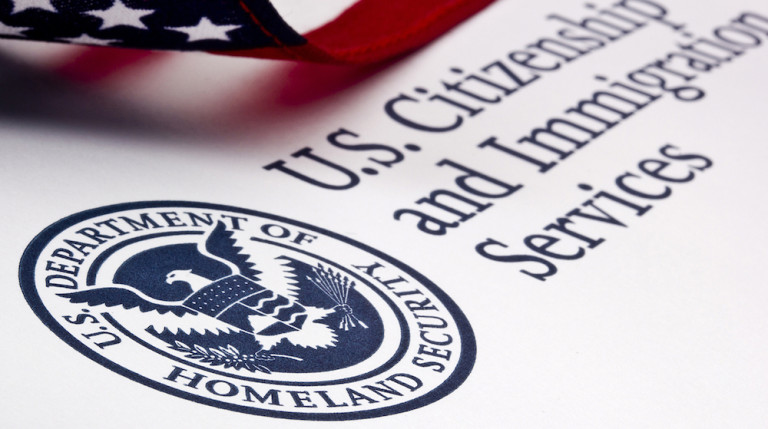At one of the many legal clinics SGG presents in immigrant communities, SGG attorneys met “Clara,” who had entered the United States without inspection as a teenager in the late 1980s. She had married a U.S. citizen, “Dave,” in 2008 and they wanted to know how she could obtain permanent resident status based on their marriage. They had met at church and were raising two children together, one of whom was Clara’s child from a previous relationship. Dave was a U.S. Army Veteran who suffered from stress, depression and anxiety when he and Clara had first met. Their relationship healed Dave. At the time of her first meeting with SGG, if Dave were to file an immigrant petition, it appeared that Clara would have to apply for an extreme hardship waiver, a laborious and time-consuming process with no guarantee of success.
Fortunately, in November 2013, U.S. Citizenship and Immigration Services (USCIS) released a Policy Memorandum on parole in place for military families. Parole in place gives USCIS the discretionary authority to grant “admission” to the U.S. of an individual who is already in the country but who has not been legally admitted. This Memorandum calls on examiners to adopt a unique approach when adjudicating parole in place requests of spouses, parents or children of members of the U.S. Armed Forces. While parole in place is to be granted sparingly, the Memorandum stated that the fact that an individual is a spouse, parent, or child of an active service member or a veteran of the U.S. Armed Forces weighs heavily in favor of a grant of parole in place.
In July 2015, Clara submitted her parole in place application to the local USCIS Field Office. Included in the application was evidence of her bona fide marriage to Dave, her volunteer activities at the church and her children’s school, and a declaration from Dave explaining how Clara’s presence was important for his mental health and emotional well-being. Clara’s application was approved, and she was issued parole. Dave and Clara filed applications so she could be approved for permanent residence.
This case illustrates how USCIS’ current policy on parole in place greatly benefits military families, which is important to highlight as there is uncertainty over whether the current administration will continue the policy.

